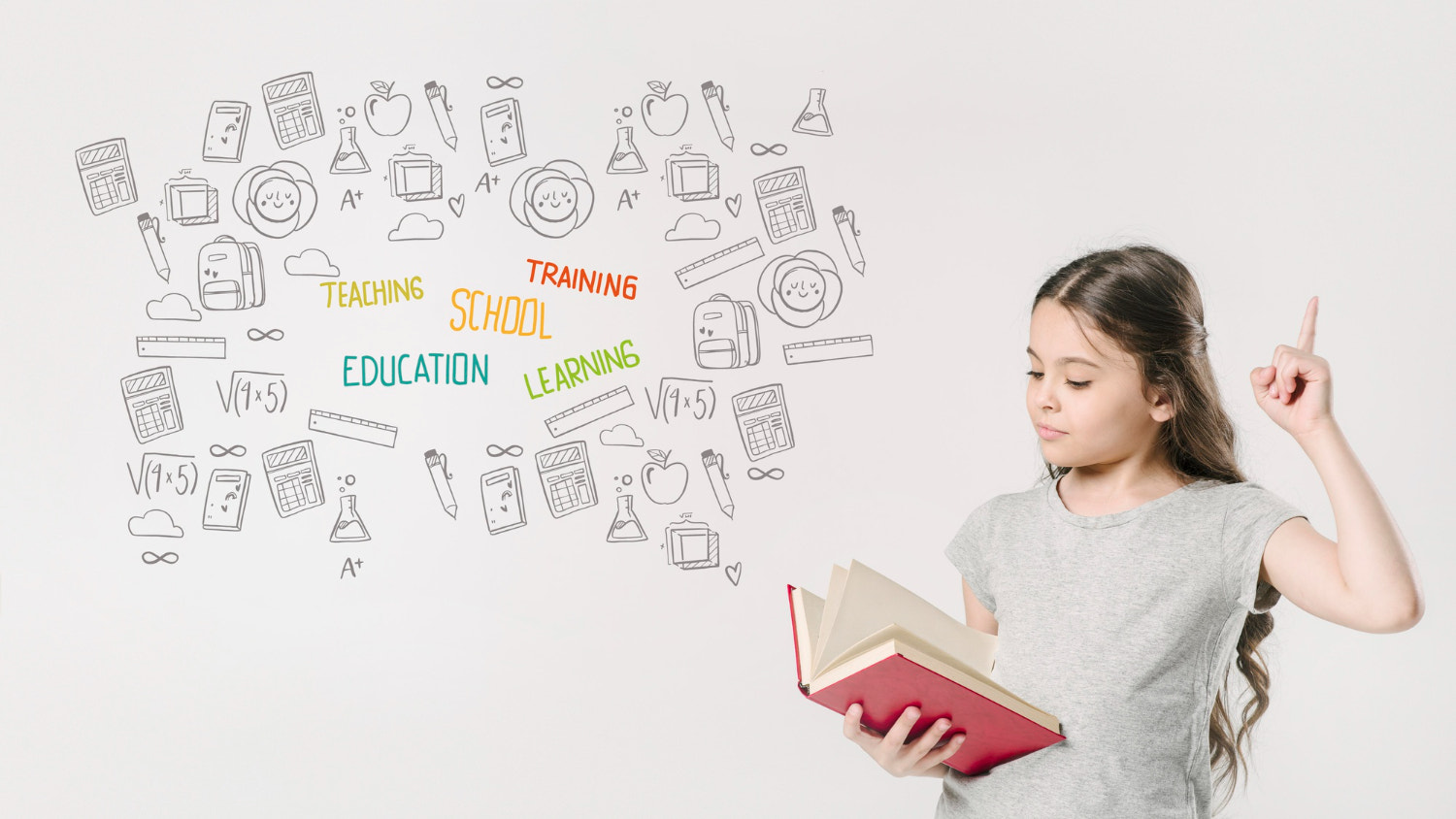
Attention Deficit Hyperactivity Disorder (ADHD) is a neurodevelopmental disorder that affects millions of children and adults worldwide. Characterized by symptoms of inattention, hyperactivity, and impulsivity, ADHD can significantly impact daily life, academic performance, and social interactions. Despite its prevalence, ADHD remains shrouded in misconceptions and stigma, leading to misunderstandings about its nature and treatment.
Another
beneficial technique is body scanning, which involves mentally scanning one’s body for areas of tension or discomfort. This practice encourages individuals to connect with their physical sensations and can promote relaxation. To perform a body scan, individuals can lie down or sit comfortably, close their eyes, and systematically bring attention to different parts of their body, noticing any sensations without judgment. This technique not only fosters mindfulness but also helps individuals become more aware of their physical state, which can be particularly useful when managing ADHD symptoms.
As awareness of ADHD grows, so do the tools and strategies available to support those affected. By embracing structured routines, leveraging technology, practicing mindfulness, engaging in physical activity, and maintaining a healthy diet, individuals with ADHD can unlock their potential and improve their focus. With ongoing research and community support, the future looks promising for those striving to navigate the complexities of ADHD.
ADHD awareness campaigns highlight its neurological basis, not a character flaw. Programs such as ADHD Awareness Month promote discussion and resource sharing for affected families. Schools are also beginning to adopt more inclusive practices, implementing individualized education plans (IEPs) and accommodations to help students with ADHD thrive.
ADHD stigma remains widespread despite the availability of treatments. Many individuals face negative stereotypes, often labeled as lazy or unmotivated. These false beliefs result in workplace and school discrimination against ADHD individuals. Dr. James Lee states, "Misunderstanding ADHD denies people the support they deserve." "We need to change the narrative and understand that ADHD is a legitimate condition that requires empathy and support."
Social support plays a vital role in managing ADHD. Sharing experiences and coping strategies with friends, family, or support groups can provide emotional comfort and practical advice. Connecting with others who understand the challenges of
ADHD task prioritization can foster a sense of community and reduce feelings of isolation. For those seeking professional guidance, therapy or counseling can offer tailored strategies and coping mechanisms.
In conclusion, mindfulness techniques offer a valuable tool for individuals grappling with the challenges of ADHD. By promoting awareness, focus, and emotional balance, mindfulness practices not only enhance daily functioning but also empower individuals to lead more fulfilling lives. As research continues to unveil the benefits of mindfulness, it is clear that these techniques can serve as a beacon of hope for those navigating the complexities of ADHD.
Another important strategy is the use of visual aids. Charts, checklists, and color-coded systems can serve as powerful tools to enhance focus and organization. For example, maintaining a visible checklist for daily tasks can provide a clear outline of what needs to be accomplished, making it easier to stay on track. Similarly, using different colors for various subjects or responsibilities can help individuals quickly identify priorities and deadlines.
To build an inclusive society, understanding ADHD is essential for helping individuals thrive. Advocacy and stigma reduction ensure that neurological differences do not hinder success. Embracing inclusivity highlights the valuable contributions of ADHD individuals.
Attention-Deficit/Hyperactivity Disorder (ADHD) affects millions of individuals worldwide, presenting challenges in focus, organization, and time management. While ADHD can impact personal and professional lives, effective coping strategies can help individuals manage symptoms and enhance their quality of life. From students to adults in the workforce, learning how to navigate daily tasks with ADHD is crucial.
One of the most effective coping strategies is establishing a structured routine. Individuals with ADHD often struggle with impulsivity and distractibility, which can lead to disorganization. Setting a consistent daily schedule can provide a sense of stability and predictability. Utilizing planners, digital calendars, or reminder apps can help individuals break down tasks into manageable steps and allocate specific times for each activity. This not only aids in time management but also reduces the anxiety that can come from feeling overwhelmed.
Incorporating mindful movement into daily routines is another effective strategy. Activities such as yoga, tai chi, or even simply going for a mindful walk can help individuals with ADHD channel their energy in a constructive way. These activities encourage physical awareness and can enhance focus by promoting a sense of calm and grounding. Engaging in mindful movement allows individuals to connect their mind and body, creating a feeling of balance that can be particularly beneficial for those with ADHD.